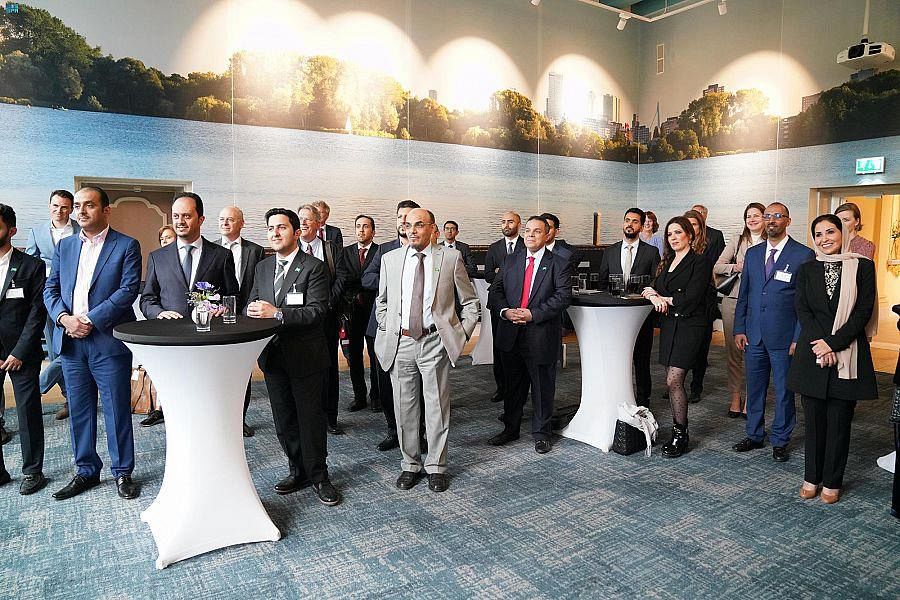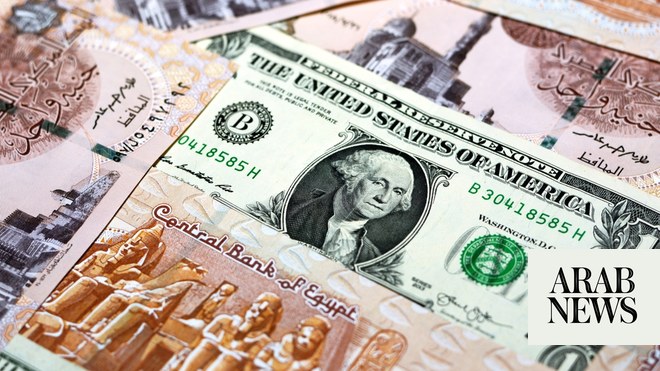
Investing in the Middle East has never been for the faint-hearted. Marshall Stocker should know. Drawn by Egypt’s economic promise, he moved to the country from Boston in 2010, Bloomberg reported.
He had a plan to buy and redevelop historic buildings in downtown Cairo on behalf of Emergent Property Advisors, a company he co-founded, it said.
But revolution ended President Hosni Mubarak’s three-decade rule a year later, and the economy sputtered amid the political conflict. Stocker decided to leave in 2012 and later published a memoir, Don’t Stand Under a Tree When It Rains, documenting his experiences as an investor in Egypt during the revolt.
“As noted in the ending of the book,” he says, “there is an Egyptian saying: ‘If you drink from the Nile, you will return.’”
According to Bloomberg, that proved prophetic. Stocker, 44, back in Boston and now managing money at Eaton Vance Corp., is once again investing in the most populous Arab nation—this time in publicly traded equities.
Egypt’s stock market is one of the world’s best performers this year through mid-March as the nation pushes ahead with tough measures to revive the economy.
The Eaton Vance Emerging and Frontier Countries Equity Fund, which Stocker helps manage, outperformed 93 percent of its peers over the previous three months, according to data compiled by Bloomberg on March 21. Stocker spoke with Bloomberg News’s Netty Ismail about his approach to investing in Egypt and other parts of the region.
Asked what looks attractive in the Middle East, Stocker said: “The opportunities that we see exist in countries where there’s some type of development that’s going to improve earnings and cash flows or reduce the discount rate on those cash flows. What causes companies to earn more money or have lower discount rates are increases in economic freedom: Where the rule of law is improving, the size of the government is shrinking in the economy, and where there’s trade liberalization or simplification of regulatory policy.”
“We’re looking to make broad equity investments in countries where we think economic freedom will be increasing” such as Egypt and Kuwait, he said.
“In Egypt, you’ve got the size of government shrinking, as evidenced by the contraction in the fiscal deficit, and the more effective management of monetary supply to address inflation.”
“I don’t want to overlook Abu Dhabi and Dubai. We do consider those very investable markets. The high level of economic freedom and the economic sensitivities of the leadership there are very good,” Stocker told Bloomberg.
“It’s just generally kind of reflected in asset prices, whereas I’d much rather buy a turnaround story like Egypt, or perhaps a long-neglected capital market like Kuwait,” he added.











